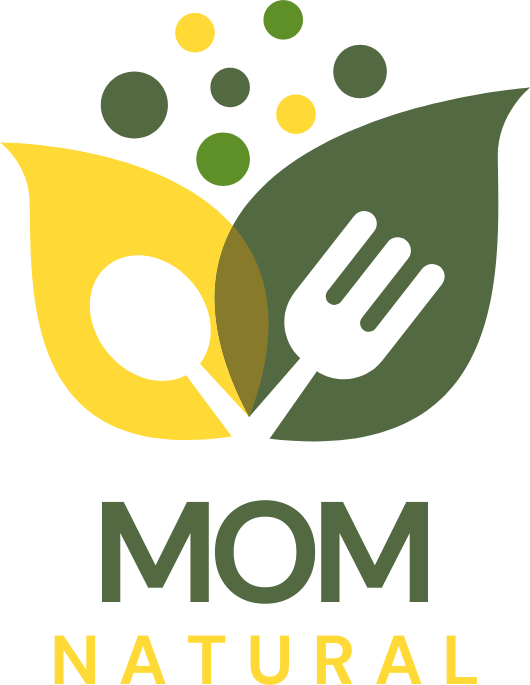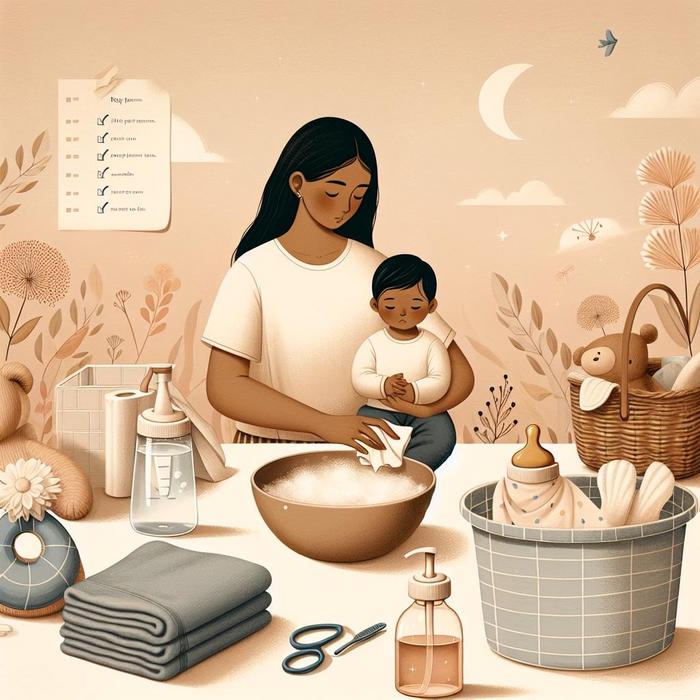Baby Hygiene 101: Our Routine to Keep Germs at Bay
Importance of Proper Baby Hygiene
Maintaining your baby’s cleanliness is more than just keeping them smelling fresh and looking adorable. Good baby hygiene practices play a crucial role in preventing illnesses and protecting your child’s overall health. The good news is that implementing a hygiene routine that works best for your baby doesn’t have to be complicated.
Baby Hygiene Tips and Routine
Here are some simple but effective baby hygiene tips that our family follows:
- Regular Bathing: As per the American Academy of Pediatrics, three baths per week is enough for most infants, increasing frequency as they become more mobile.
- Cleaning Hands: Regular hand cleaning is essential, especially after diaper changes or coming from outside trips.
- Clean Clothes: Dress your baby in clean clothes every day. Also, promptly change soiled or wet clothes.
- Diaper Area Cleaning: Proper hygiene practice includes thoroughly cleaning the diaper area with wipes during each change.
- Regular Laundry: Wash your baby’s clothes, bedding, and blankets regularly to eliminate germs.
Sanitizing Baby’s Essentials
Besides keeping your baby clean, it’s vital to pay attention to the cleanliness of their surroundings, particularly the items they frequently come into contact with. Cleaning baby toys and baby feeding equipment should be part of your routine.
- Cleaning Baby Toys: Clean and sanitize your baby’s toys regularly, especially if they often go into their mouth. If the toys are dishwasher safe, run them through a cycle with hot water. For others, use baby-safe sanitizing wipes.
- Sanitizing Feeding Equipment: Thoroughly clean bottles, nipples, and breast pump parts after every use following the CDC guidelines.
- Clean Eating Area: This includes high chairs and trays. We have a few easy and nutritious toddler recipe ideas on our blog that can help with meal planning.
Implementing good hygiene practices from the start will not only help in preventing infections but will also ensure that your child grows up understanding the importance of hygiene.
Safe Practices During Illness
Despite all the precautions, babies do get sick sometimes. During such times, it’s essential to follow safe practices to prevent the spread of infections. Here are some steps you can take:
- Keep baby’s belongings separate: Avoid the sharing of pacifiers, bottles, and toys with siblings.
- Isolate if necessary: Keep the unwell child isolated from siblings, especially newborns and infants.
- Take preventive measures: Follow your pediatrician’s advice on immunizations and flu-shots.
Remember, every child is different, and so is their reaction to different hygiene practices. There is no one-size-fits-all approach to baby hygiene. The key lies in being consistent and vigilant about cleanliness, adapting as needed based on your baby’s needs and responses.
Teaching Good Hygiene Habits Early
While we may think that babies are too young to understand the concept of hygiene, introducing simple hygiene habits such as washing their hands or covering their mouth when they cough or sneeze can help pave the way for lifelong cleanliness habits. Teaching kids to understand why we need to keep our bodies and surroundings clean at an early age helps them adopt these habits as their own sooner.
Take Extra Care When Outdoors
When taking your baby on trips outside, ensure you’re equipped with essentials such as baby wipes, sanitizers, and a change of clothes. Public places are teeming with different types of germs. While it’s not practical or healthy to create a 100% germ-free environment, you can reduce your baby’s chances of illness by keeping hygiene products for quick clean-ups nearby. Make sure to frequently protect your baby from germs found in public spaces.
Keeping the House Germ-Free
When it comes to your baby’s home environment, be sure to regularly clean and disinfect areas that your baby frequently interacts with. According to What to Expect, germs don’t just live on surfaces but also thrive within the air. Therefore, emptying the diaper trash, ensuring that your HVAC is clean, and opening windows to let fresh air circulate the room can also help decrease the spread of harmful germs.
Enlisting Support from Visitors
Most of your family members and friends will be eager to visit your newborn. It’s great to have helping hands around, especially in those first few months. However, visitors can inadvertently bring germs into your home. Requesting that they wash or sanitize their hands upon arrival, or to stay away if they’re unwell, can be an important step to protect your baby’s health.
Avoid Germ Hot Spots
While you cannot eliminate all germs, being aware of germ hot spots, such as the kitchen sink, pet dishes, and your reusable shopping bags, can help you focus your cleaning efforts. As your baby grows and starts to explore, they will often put everything they find in their mouth, so being mindful of these germ hot spots can help to prevent infections.
Striking a balance is key when handling baby hygiene. Babies need a certain amount of exposure to germs and bacteria for their immune system to develop properly. Over-concern can tilt in the direction of making them overly sensitive to the environment around them. Our routine and tips on baby hygiene will help you establish a system that works well for your family, benefiting your baby’s health while also encouraging them to maintain cleanliness habits for themselves as they grow.

